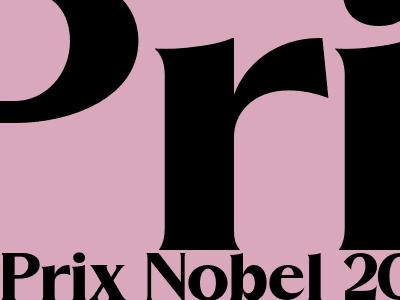Prix Nobel 2024: Predictions and Potential Laureates
Introduction
The Nobel Prize is one of the most prestigious awards in the world, recognizing outstanding achievements in various fields. As we approach 2024, speculation about potential laureates and groundbreaking discoveries is already underway. This blog post will delve into the possible contenders and explore some of the key trends that may shape the upcoming awards season.
Physics
Potential Laureates:
• Silke Ackermann (DESY): Leading the development of X-ray free-electron lasers, opening up new possibilities in imaging and materials science.
• Michel Mayor (University of Geneva): Co-discoverer of the first exoplanet orbiting a Sun-like star, revolutionizing our understanding of planetary systems.
• Juan Maldacena (Institute for Advanced Study): Pioneer in the field of string theory, proposing a groundbreaking duality between gravity and quantum field theory.
Key Trends:
• Advances in quantum computing and information theory.
• Exploration of dark matter and dark energy.
• Development of new materials and nanotechnologies.
Chemistry
Potential Laureates:
• Carolyn Bertozzi (Stanford University): Innovator in bioorthogonal chemistry, enabling the study of biological processes without interfering with natural reactions.
• Omar Yaghi (University of California, Berkeley): Pioneer in the field of metal-organic frameworks, creating porous materials with applications in gas storage, drug delivery, and catalysis.
• Frances Arnold (California Institute of Technology): Trailblazer in directed evolution, engineering enzymes with enhanced properties for industrial and medical applications.
Key Trends:
• Development of sustainable and environmentally friendly chemical processes.
• Advances in drug discovery and personalized medicine.
• Exploration of new energy sources and materials.
Physiology or Medicine
Potential Laureates:
• Jennifer Doudna (University of California, Berkeley) and Emmanuelle Charpentier (Max Planck Institute for Infection Biology): Co-developers of the CRISPR-Cas9 gene-editing technology, revolutionizing biomedical research and potential treatments for genetic diseases.
• James Allison (MD Anderson Cancer Center) and Tasuku Honjo (Kyoto University): Pioneers in cancer immunotherapy, developing drugs that harness the immune system to fight cancer.
• Anthony Fauci (National Institute of Allergy and Infectious Diseases): Director of the NIAID and a leading figure in the fight against HIV/AIDS and emerging infectious diseases.
Key Trends:
• Advances in gene-editing technologies.
• Development of personalized medicine and precision therapies.
• Exploration of the microbiome and its role in health and disease.
Conclusion
The Nobel Prize 2024 holds the promise of recognizing groundbreaking scientific discoveries and transformative contributions to humanity. While the ultimate laureates remain unknown, the potential candidates and key trends outlined here provide a glimpse into the exciting scientific advancements that may shape the upcoming awards season.

Comments